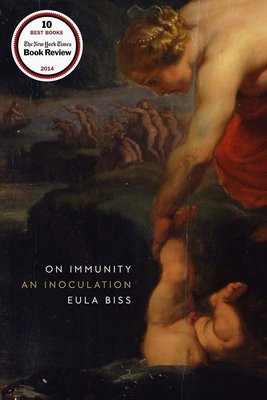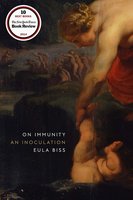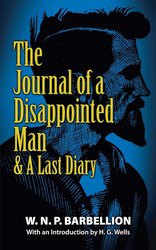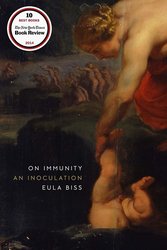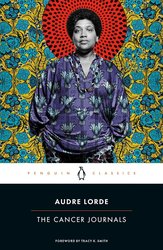“ On Immunity is a book I’ve recommended too many times to count―a searching, empathetic, ultimately unassailable argument, not just for vaccination but for thoroughly acknowledging our interdependence, and for all that becomes necessary and possible once we do. Written before COVID, it nonetheless speaks directly to the concerns of the pandemic era―to the fact that we are dangerous as well as vulnerable, to the way collective well-being and individual self-interest are configured at odds to one another when they are fundamentally intertwined.”―Jia Tolentino In this bold, fascinating book, Eula Biss addresses our fear of the government, the medical establishment, and what may be in our children's air, food, mattresses, medicines, and vaccines. Reflecting on her own experience as a new mother, she suggests that we cannot immunize our children, or ourselves, against the world. As she explores the metaphors surrounding immunity, Biss extends her conversations with other mothers to meditations on the myth of Achilles, Voltaire's Candide , Bram Stoker's Dracula , Rachel Carson's Silent Spring , Susan Sontag's AIDS and Its Metaphors , and beyond. On Immunity is an inoculation against our fear and a moving account of how we are all interconnected-our bodies and our fates.
